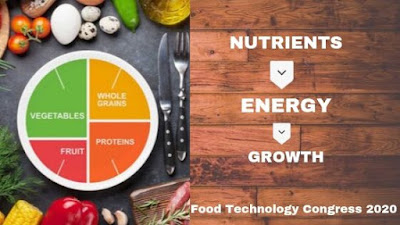Five Things You Should Know About Proteins, Vitamins & Nutritional Value.
Nutritional
value is employed to supply the well-balanced ratio of the
essential nutrients like carbohydrates, fat, protein, minerals, and vitamins in
items of food or diet. Food
quality and safety are the most targets of investigation in
food production activities. Therefore, reliable paths to note, classify,
characterize and monitor quality and questions of safety occurring in food are
of great interest. Food quality also deals with product traceability, (e.g., of
ingredient, and packaging suppliers), recall of the merchandise be required. It
also deals with labeling, packaging of products and quality issues to make sure there are correct ingredients and nutritional information.
They are certain food
items that provide proteins, minerals, vitamins for the growth of human body. Almost
all varieties of nuts are nutritious, offering a protein and fiber-rich a snack packed with essential fats and a range of vitamins and minerals including
B vitamins, zinc, and selenium. To maintain good
health as well as keep weight and cholesterol under control,
adults must consume a handful of mixed nuts every day. But avoid nuts dipped in
chocolate. A chocolate coating can add as much as 300 calories and 20g of fat
in just 5-6 almonds.
Also, eat plain nuts
instead of putting them in baked goods. Oranges, bananas, apples or pears fresh
seasonal fruit is always good for you. Do not be discouraged by those who
advocate limiting your intake because fruits are loaded with sugar. While
fruits contain natural sugar fructose,
they are much healthier than traditional goodies such as shortbread, mince
pies, plum cake, and cookies. Seafood contains a range of
nutrients, notably the omega-3 fatty acids, EPA and DHA. Eating about 8 ounces
per week of a variety of seafood contributes to the prevention of heart
disease. Smaller amounts of seafood are recommended for young children.




Comments
Post a Comment